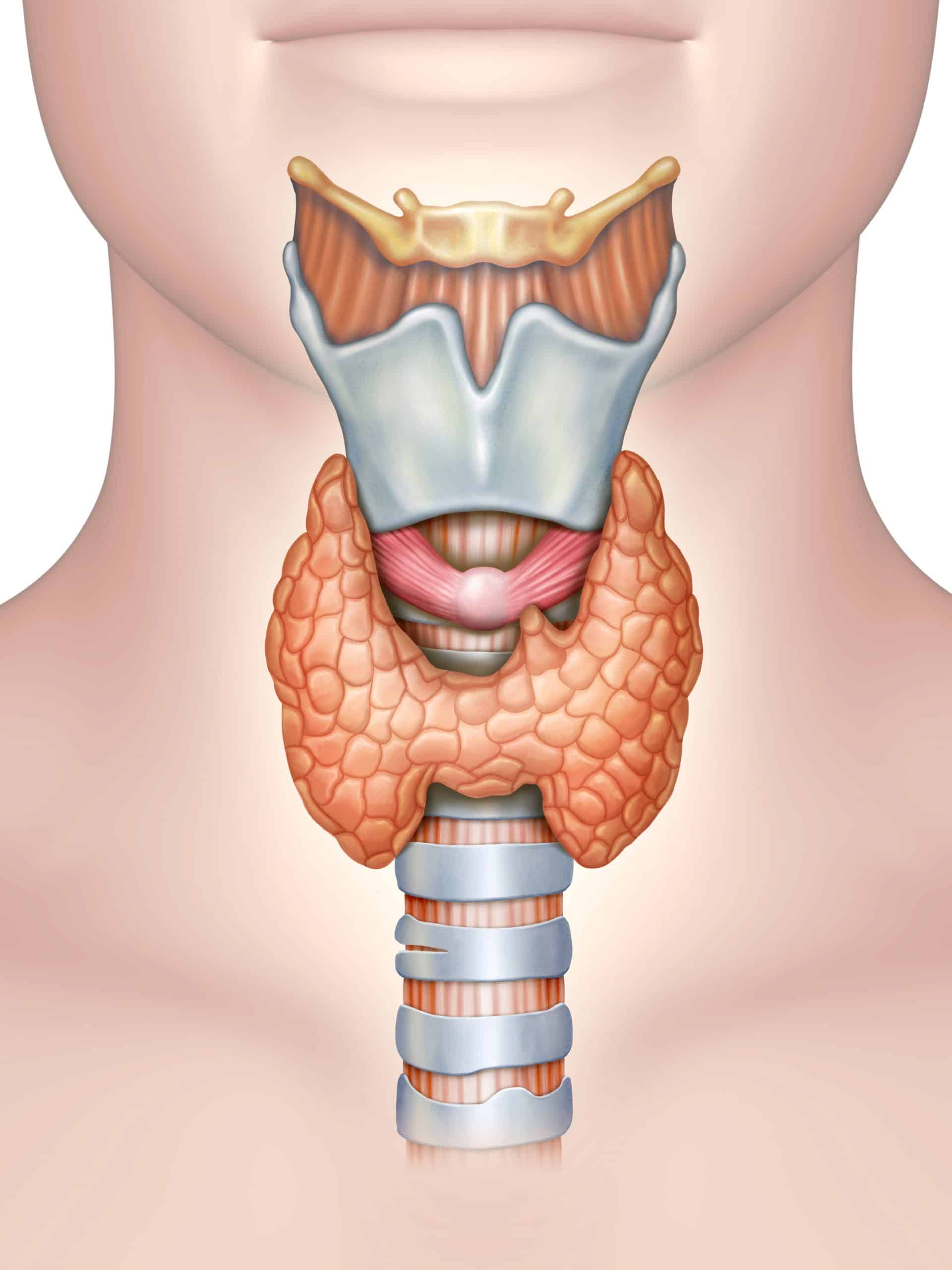Anxiety, stress, PTSD and depression can have many negative impacts on not only day to day life, but also on organ function. In TCM, emotions are viewed as an integrated aspect of organ function, and sometimes can be the root cause of disease. The flow of Qi or energy can be interrupted by anxiety, stress, and depression. Anxiety, stress, and depression can occur separately or all together and can alternate between mild discomfort to almost uncontrollable panic with physical symptoms.
Anxiety
According to the Anxiety and Depression Association of America, anxiety disorders are the most common mental disorders in the United States. Anxiety disorders include generalized anxiety disorders and panic disorders. The hallmark of generalized anxiety disorders is uncontrollable feelings of excessive worry and intense fear. Symptoms of anxiety include feeling nervous, restlessness, having a sense of impending danger, increased heart rate, hyperventilation, feeling weak or tired, difficulty concentrating, trouble sleeping, and/or GI problems. Panic disorders are characterized by recurrent and spontaneous episodes of intense anxiety which is also referred to as panic attacks or anxiety attacks. Panic or anxiety attacks are sudden, intense surges of fear, panic, or anxiety. They are overwhelming, and they have physical as well as emotional symptoms including pounding or racing heart, sweating, chills, trembling, difficulty breathing, weakness or dizziness, tingly or numb hands, and chest pain.
Stress triggers the human body to secrete stress hormones such as cortisol and adrenaline which can cause the production of chemokines by the liver Kupffer cells. When the liver has excessive heat with Yin Deficiency, the livers response to stress hormones can become overwhelming which results in overproduction of chemokines. The brain can become over driven by the increased levels of chemokines and the areas of the brain responsible for controlling fear can be impacted which leads to anxiety disorders. The increased levels of chemokines will also cause inflammation of the brain and result in other types of disorder such as obsessive compulsive disorder with obsessive behavior and/or compulsive thoughts, or uncontrollable urges as well as anxiety attacks. In TCM, anxiety disorders are caused by excessive Liver Heat (the over production of chemokines) and the resulting Liver Yang Rising (the impact of the chemokines to the brain). Panic or anxiety attacks are referred to as Bentung Qi or Running Piglet due to an intense Liver Yang Rising. Chronic stress promotes the development of anxiety by causing an ultimate Qi Stagnation, a blockage of the energy flow.
Health anxiety, also called illness anxiety disorder, is an anxiety disorder in which the individual excessively worries that they are or may become seriously ill. Individuals who suffer from health anxiety may also believe that normal body sensations or minor symptoms, such as twitching or fatigue, are signs of a serious illness, even though a medical exam doesn’t reveal a serious medical condition. Health anxiety can increase with age or during times of stress. Symptoms of health anxiety include being easily alarmed about your health status, finding little or no reassurance from doctor visits or negative test results, worrying excessively about a specific medical condition or your risk of developing a medical condition because it runs in the patient’s family, and having so much distress about possible illnesses that it's hard to function.
Chronic Stress
Stress is a biological response to demanding situations and causes the body to release stress hormones, such as cortisol and adrenaline. Our body’s reactions to stress is also known as the "fight-or-flight" response, a survival mechanism evolved to help us quickly handle life-threatening situations. The stress response begins in the brain. When a stressor or a danger is present, the eyes or ears send the information to the amygdala, which processes emotions. The amygdala interprets the images or sounds and instantly sends a distress signal to the hypothalamus. The hypothalamus functions like a command center which activates the whole body’s sympathetic nervous system which increases breathing, muscle tension, heartbeat, blood pressure, bronchioles dilation or constriction, and sweating. At the same time the sympathetic nervous system sends signals to the inner part of adrenal glands to release epinephrine, also known as adrenaline into the bloodstream. Epinephrine functions primarily to increase cardiac output, heart rate, blood pressure and glucose levels to prepare the brain and muscles to handle the emergency. Such response is quick because it bypasses the cerebral cortex and does not involves cognitive process. After the danger has passed, the parasympathetic nervous system calms the body down by promoting the "rest and digest" process.
After the initial surge of epinephrine subsides, if the stress continues, the cerebral cortex start to get involved and our cognition can interpret the situation as a threat or danger, the hypothalamus activates the second component of the stress response system, the HPA axis. This network consists of the hypothalamus, the pituitary gland, and the adrenal glands. In this response, the hypothalamus releases corticotrophin-releasing hormone (CRH), which triggers the pituitary gland to release adrenocorticotropic hormone (ACTH). ACTH triggers the outer part of the adrenal glands to release cortisol.
Cortisol is a steroid hormone in the glucocorticoid class and it induces rapid release of excitatory neurotransmitters to the extracellular synapse space in the prefrontal/frontal cortex including glutamate, dopamine and epinephrine so that we can process information with high gear. Cortisol also increases blood glucose levels and suppresses functions that are unnecessary for a fight-or-flight response including the immune system, food digestion, reproductive activities and growth processes. When the threat passes, cortisol levels fall. The parasympathetic nervous system then clears the stress response and helps the body resume to normal state. The second response is a slowed response due to the involvement of the cerebral cortex.
Many factors can trigger a stress response but some patients suffer from chronic stress in which their body is nearly always in a state of heightened alertness. Chronic stress puts pressure on the body for an extended time which can lead to many physical and psychological symptoms. Symptoms of chronic stress include irritability, fatigue, headaches, difficulty concentrating, disorganized thoughts, difficulty sleeping, changes in appetite, and/or frequent infections or illnesses.
Unfortunately, stressors that are not life-threatening, such as work pressure or family issues can also cause a stress response. Our body can also overreact to stressors which may be present continuously. Overtime, repeated activation of a stress response also causes sympathetic nerve hypersensitivity and elevated cortisol levels. Research suggests that chronic stress contributes to high blood pressure, formation of artery-clogging deposits, obesity and causes brain changes that may contribute to anxiety, depression, and addiction. Overreaction to stressors can cause chronic elevated cortisol levels. Elevated cortisol levels also lower immune function causing slowed healing, decreased bone density, increased weight gain and blood pressure, cause thinning skin and accelerated aging, cold hands and feet, and fatigue.
Glutamate is the major excitatory neurotransmitter in the brain. The increased levels of extracellular glutamate caused by increased levels of cortisol triggers the release of many neurotransmitters from the neuron to allow our brain to function at a higher gear in order to handle the challenge or the threat. The increased levels of extracellular glutamate acts as a double sided sword. Glutamate is the most abundant excitatory neurotransmitter, however, it can also be damaging to the neuron and the brain as a whole because the high concentration can overexcite the neuron and generate excitotoxicity.
Glutamate is a multifunction molecule in the brain. In addition to function as excitatory neurotransmitter, it is also a key intracellular intermediary metabolite in the detoxification of ammonia and a building block in the synthesis of peptides and proteins. Glutamate is present at very high concentrations within the cells of the CNS. Therefore, an extremely tight regulatory processes is important to limit its extracellular levels in order to ensure optimal neurotransmission and prevent excitotoxicity.
To avoid neuron excitotoxicity, the human brain has inhibitory neurons in place which keeps the brain's traffic in check. GABA (gamma-aminobutyric acid) is an inhibitory neurotransmitter which reduces neuronal excitability. It is a calming substance with sedative effects and aids in relaxation and sleep. The neuron activity is controlled by balancing the glutamate and GABA. Such balancing is vital in order to endure chronic stress. Under high levels of stress, a significantly high level of GABA is necessary to modulate the stress response system and help the mind and body return to the parasympathetic state when people are at rest. Unlike glutamate, which exists always at high concentration within the neuron, GABA's concentration is very sensitive to the nutritional condition of the brain. Under stress, GABA easily becomes deficient or even depleted and can't be supplemented through diet because it can't pass the BBB.
Unfortunately, under high chronic stress, the body’s nutritional support is compromised and therefore glutamate clearance at the resting stage becomes slow downed even while taking a break. Therefore, an optimal level of glutamate cannot be well maintained. One study has shown a decrease in cortical glutamate uptake from the extracellular space following 21 days of restraint stress exposure. A constant stimulation of the glutamate to the neurons and subsequent release of neurotransmitters make the brain behave like an engine running at high gear and can’t be cooled down when it’s supposed to be idle, like when we try to sleep. People’s sleep isn’t restful and they can’t fully recover after sleep.
Compared to glutamate, its release is stimulated by cortisol, GABA is enhanced by progesterone, also a sex hormone involved in the menstrual cycle, pregnancy, and embryogenesis. The concentration of progesterone in the brain has been shown to be 20 times higher than in the blood, because the human brain is highly dependent on progesterone for GABA secretion. Chronic stress can cause a decrease in progesterone levels, because the progesterone is the substrate to make cortisol. When high levels of cortisol are needed while under high stress, almost all the progesterone in the blood is used to make cortisol in the adrenal glands. This is why women have difficulty becoming pregnant when they are under high levels of stress. Reduced levels of progesterone can cause further GABA insufficiency and neuron activity shifts the balance towards more excited. This makes it difficult to cool down the brain and bring it to resting stage which eventually causes burn out.
Brain neuron hyperactivity generates high amounts of free radicals. These free radicals may not be cleared promptly in the high stress mode and they can cause irritation to the microglia cell. The irritated microglia cell will generate pro-inflammatory molecules causing low grade brain inflammation. The free radicals and inflammation can interrupt the BBB function allowing other toxic molecules to get into the brain and further irritate the neuron causing headache, trouble concentrating, brain fog and anxiety.
In TCM, the increased free radical levels and inflammation of the brain in chronic stress is referred to as Brain Heat. Reduced GABA and progesterone as well as the resulting inability to clean out the extra glutamate and calm down the overexcited neuron is caused by Kidney Yin and Kidney Water deficiency. Chronic elevated cortisol levels and the resulting symptom is called Shaoyang syndrome and is the result of Liver Qi Stagnation.
Post-Traumatic Stress Disorder (PTSD)
PTSD is a mental disorder triggered by traumatic events. Symptoms include recurrent, unwanted distressing memories of the traumatic event, reliving the traumatic event as if it were happening again (flashbacks), severe emotional distress, or physical reactions to something that reminds the patient of the event. Patients may also experience negative emotions, depression, problems with memory, difficulty maintaining close relationships, irritability, being always on guard, self-destructive behavior, and trouble concentrating and sleeping. Research has shown that the Default Mode Network (DMN) is disrupted in PTSD patients. DMN is a network of brain regions with many centers that are connected. DMN activities between those centers correspond to self-referential thought that is active when the brain is at wakeful rest and is deactivated when the individual is focused on the outside world. Disruption of the connectivity of this network by a traumatic experience causes an increase in the excitation of the activity centers and results in PTSD symptoms. In TCM, the DMN is referred as “Shen” or “Hun” and the disruption of DMN due to trauma is referred as a “Shen” or “Hun” disturbance.
Depression
Diagnosed depression as a psychiatric disorder, is the manifestation of a low mood that is much more severe and persists longer than situations that typically make a person feel sad or lonely. Symptoms of depression include fatigue, feelings of guilt, worthlessness, hopelessness, irritability, loss of interest in things once pleasurable, persistent anxious feelings, and/or suicidal thoughts/attempts.
Depression is a complex illness with many contributing factors such as abuse, certain medications, death or loss, serious illnesses etc. Researchers have noted differences in the brains of people who have clinical depression compared with those who do not. For instance, the hippocampus, a small part of the limbic system, which is vital to the storage of memories and important in regulating emotional responses appears to be smaller in some people with a history of depression than in those who've never been depressed. Some researchers have found that the stress hormone cortisol is produced in excess in depressed people. It is believed that cortisol has a toxic or "shrinking" effect on the hippocampus. Some experts also think depressed people may be born with a smaller hippocampus and are thus inclined to have depression. Serotonin is one of many brain chemicals known as neurotransmitters that allow communication across circuits that connect the brain regions involved in processing emotions, modulating mood, cognition, reward, and learning. A smaller hippocampus has fewer serotonin receptors causing an attenuation and reduction of the serotonin signal transduction leading to depressed mood and poor memory.
Inflammation of the brain including the neurons and the BBB has shown to play a significant role in the development of major depression.7 Inflammation of the brain and vascular disease can cause narrowing of the brain vessels and reduce or block cerebral blood flow. When blood flow to the brain, especially the limbic system is restricted, insufficient nutrient supply to the limbic system and hippocampus can cause deficiency to the neuron’s synthesis of neurotransmitters including dopamine, serotonin, acetylcholine, etc. and the hippocampus malfunctioning with a reduced response to serotonin leading to the development of depression.
Many patients’ depressed conditions have also been linked with the early onset of vascular disease.8 Cerebral blood vessel blockage that occurs in the small cerebral blood vessel is common and is often ignored because a stroke is usually caused by the middle cerebral blood vessel blockage. However, poor blood circulation due to the blockage of the small cerebral blood vessels can affect neuron’s ability in neurotransmitter synthesis and cause hippocampus malfunctioning leading to the development of depression and vascular dementia.9 Patients with such type of depression may not respond to any antidepressants due to the fact that the blood supply is restricted.
In TCM, depression is caused by Liver Qi stagnation with or without Brain Heat. Liver Qi Stagnation can cause reduced blood flow to the limbic system. Brain inflammation is referred as Brain Heat in TCM. The cerebral blood vessel inflammation is referred to as Damp and Heat in the Brain and the cerebral blood vessel blockage is referred to as Blood Stasis in the Brain.







